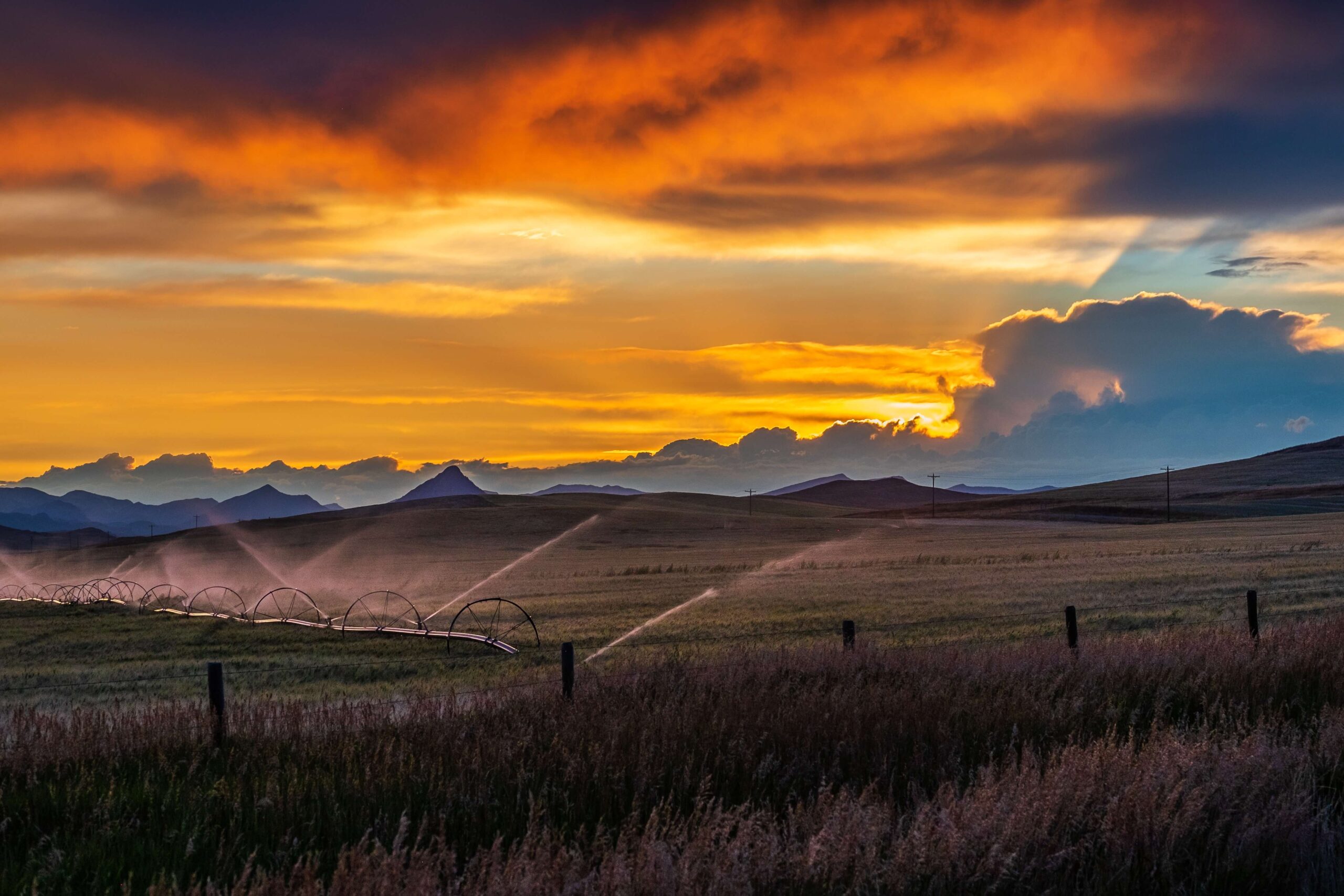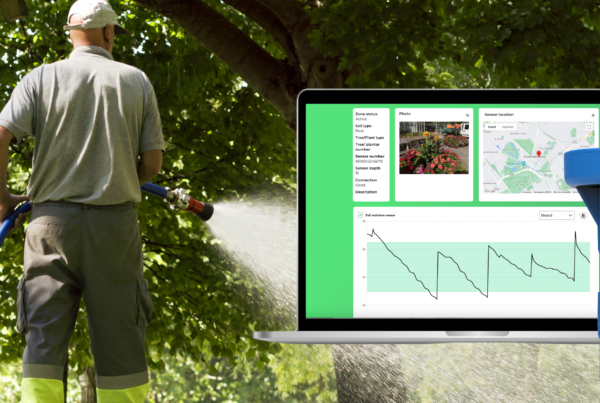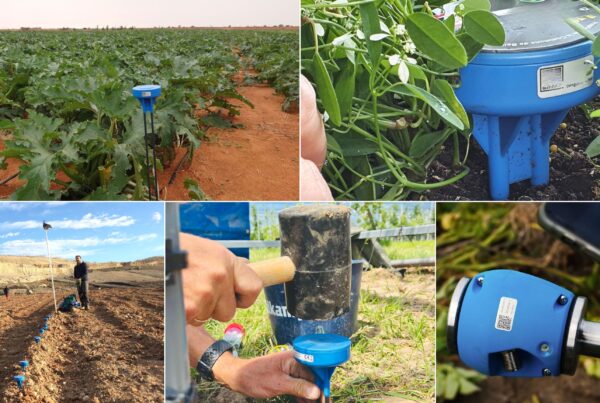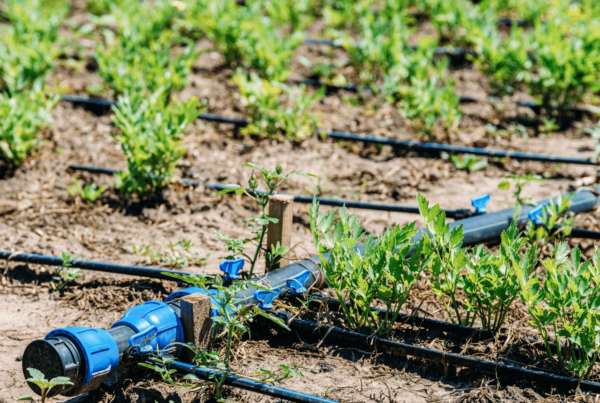In today’s era of innovation, the Internet of Things (IoT) isn’t just a buzzword for enterprise and consumer applications; it’s also a transformative force addressing some of the world’s most critical challenges. We’re amidst a technological revolution, leveraging the power of smart cities, connected cars, and wearable devices, all made possible by IoT, which has redefined how devices and humans connect through a robust network.
As per Gartner’s predictions, there were over 14 billion connected devices in 2019, and this number is projected to exceed 25 billion by 2021. IoT is silently but effectively addressing pressing global issues. Let’s explore how it’s making a significant impact in the following four areas:
1. Tackling the Water Crisis
Water, a fundamental necessity for survival, is becoming a scarce resource. The United Nations warns that water consumption is growing at double the rate of population increase, with an estimated 1.8 billion people expected to face water scarcity by 2025. IoT, through innovative solutions, helps manage the water ecosystem efficiently. Sensors deployed in dams, reservoirs, and tanks monitor real-time water levels, providing valuable data for water conservation strategies. Smart irrigation, enabled by IoT sensors measuring soil moisture, optimizes water usage in agriculture. Sensoterra, a global leader in smart farming, offers wireless soil moisture sensors for growers, supporting not only crop management but also efficient water use in landscaping and municipal parks.
2. Addressing Agricultural Concerns
Agriculture, the oldest industry, faces challenges from population growth, changing diets, resource limitations, and climate change. IoT solutions in agriculture involve deploying sensors to collect data on soil moisture and crop health, empowering farmers with data-driven decision-making. These sensors provide real-time insights to maximize yields and minimize waste, helping to address global food production challenges.
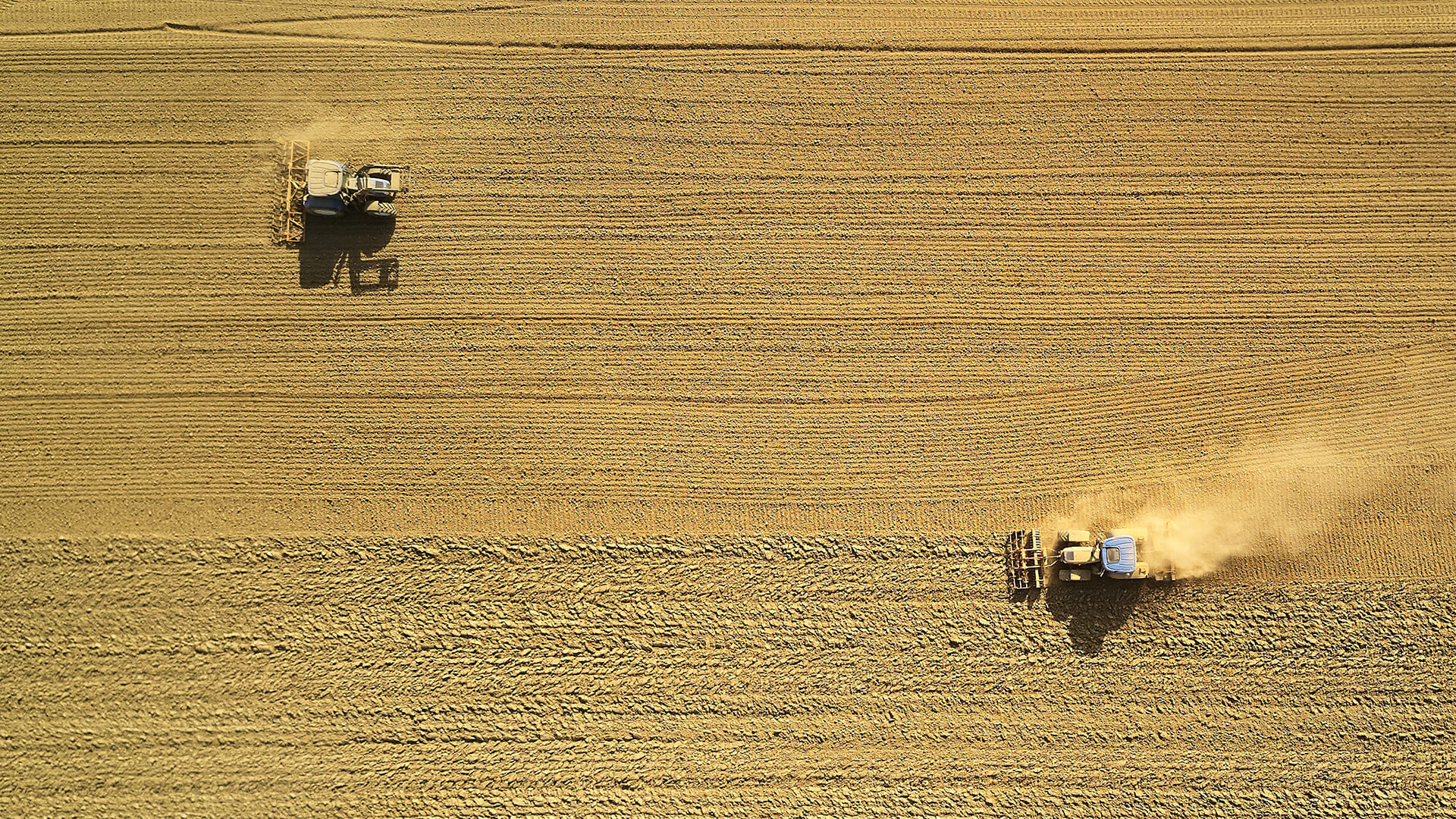
3. Revolutionizing Waste Management
Waste management is a pressing concern in various parts of the world. Traditional waste collection and disposal methods are inefficient and resource-intensive. IoT-based smart waste collection solutions track waste levels and provide route optimization and operational analytics. The global smart waste collection technology market is projected to exceed $223 million by 2025, indicating a growing need for efficient waste management solutions.
4. Battling Climate Change
Climate change poses a severe threat to the planet, and IoT is emerging as a powerful tool to reduce its adverse effects. IoT solutions can help reduce greenhouse gas emissions by up to 15 percent by 2030. IoT applications monitor energy consumption, air pollution, and carbon dioxide emissions due to traffic congestion. Smart grids, smart meters, and real-time air quality monitoring help manage energy consumption, reduce pollution, and enhance transportation efficiency.
In Conclusion
IoT is not just about smart cities and wearables; it’s a technology that’s transforming the world by addressing some of the most critical global issues. With its continued evolution, IoT solutions become increasingly sophisticated, contributing to the well-being of our planet. Embrace the power of IoT, and together, we can build a more sustainable future.
About Sensoterra
Sensoterra is a pioneering leader in the field of wireless soil moisture sensors, offering cutting-edge IoT soil moisture sensor solutions for smart agriculture. Our state-of-the-art Sensoterra soil moisture sensors are at the forefront of agriculture IoT, providing unparalleled soil moisture monitoring capabilities.
Our commitment to precision agriculture technology allows farmers to make informed decisions, optimize their irrigation systems, and embrace sustainable farming solutions. With Sensoterra, access to real-time soil moisture data is at your fingertips, enabling precise water management and water resource management for your agricultural operations.
Sensoterra, established in 2015, with its headquarters in Houten, The Netherlands, develops water management solutions for agriculture/horticulture, smart city management, and water governance. Sensoterra has over 12,000 sensors in the ground globally, and generates hundreds of thousands of data points for smart water management, daily. Learn more at www.sensoterra.com
Contact for more information, pictures and/or interview requests:
Jessica Nuboer
Marketing & Communications
Sensoterra
Email: [email protected]

